Muscle Builder: 10 Super Foods to Gain Muscle Mass
Are you a muscle builder and need to gain additional muscle mass?
Although training plays an important role in helping you get the body you’ve always wanted, a balanced diet is just as important. The proportions of carbohydrates and fats in your meals have to be balanced just like your workout needs. To achieve this goal, there are certain foods that are especially beneficial.
10. Eggs
Eggs are known as one of the best protein sources. In order to fully utilize its protein content, the eggs must be slightly heated. For body builders, boiled eggs are recommended. You can also add spices, vegetables, cheese, and many other condiments depending on your preference.
A whole egg only has 6 g of carbohydrates, 6.5 g of protein, 5 g of fat and only 76 calories.
9. Oatmeal
Oatmeal is an excellent source of fiber for bodybuilders. Unlike commercial cereals, rolled oats supply the body with long-chain carbohydrates that are used as fuel for workouts.
There are many ways to prepare your oatmeal, especially if you need variations from the usual oatmeal and milk combination. You can turn it into a protein shake, pie, or even cookies.
1 cup of oatmeal has 25 g carbohydrate, 6 g protein, 4 g fiber and 145 calories.
8. Legumes
Legumes such as lentils, beans or peas provide the body with a continual source of energy. It also provides the muscle with fiber, minerals and vitamins. The legumes are among the main suppliers of plant protein.
Super cheap and have a very long shelf life, legumes can be added to many dishes like rice and salads. They can also be eaten fresh.
1 cup of cooked legumes has 40 g carbohydrate, 18 g protein, 8 g fiber and 115 calories.
7. Potatoes
Potatoes are rich in carbohydrates and minerals that boost muscle growth.
Ideally, potatoes can be cooked either through baking or broiling.
1/2 cup of plainly cooked potatoes has 28 g carbohydrate, 2 g protein, 3.4 g fiber and 117 calories.
6. Yogurt
Good digestion is essential to maintain your body’s ability to absorb protein and other nutrients. Fat-free yogurt also contains bacteria that can improve your digestive health. The best type of yogurt for body builders is the Greek yogurt since it goes through a straining process that makes it creamier and thicker.
Yogurt can be eaten as a snack or as part of a meal. Many body builders take yogurt as part of their breakfast while others add it to their protein shakes.
100 grams of Greek yogurt has 3.6 g carbohydrate, 10 g protein, 0 g fiber and 59 calories.
5. Dairy
Milk and other dairy products are rich sources of protein. Bodybuilders should choose lean cottage cheese as it offers plenty of protein with very few calories.
1 cup of cottage cheese has 6 g carbohydrate, 28 g protein, 0 g fiber and 163 calories.
4. Poultry
Poultry is yet another excellent source of protein and its vitamin B6 content can also support protein metabolism for muscle builders.
1 cup of poultry has 0 g carbohydrate, 44 g protein, 0 g fiber and 231 calories.
3. Ginger
Ginger root is known to promote blood circulation and protein digestion. Ginger can be used to make fish, meat, vegetable and soup dishes even more flavorful.
1 teaspoon of ginger has 0 g carbohydrate, 0 g protein, 0 g fiber and 1 calorie.
2. Beef
Beef contains creatine that particularly increases the muscle builder’s strength and muscle growth during workouts.
100 grams lean beef has 0 g carbohydrate, 20 g protein, 0 g fiber and 176 calories.
1. Salmon
Salmon is one of the best sources of healthy fats and protein. You should consume salmon or other fish of the same type at least twice. These fats are beneficial to the heart, hair, skin, hormones and cell membranes. Salmon contains protein, fatty acids omega 3 and vitamin D.
Other alternatives to salmon are sardines, cat fish, trout and mackerel.
Salmon can be broiled, baked or smoked. You can also fry it as long as you use olive oil.
100 grams cooked salmon has 0 g carbohydrate, 20 g protein, 0 g fiber and 208 calories.
The foods mentioned above are just some of the best muscle-building foods you can try. Ideally, daily intake of at least 1 gram of protein per pound of body weight with all the right amount of carbohydrates and healthy fats are recommended.
Your Turn
Do you know of other muscle building foods and recipes we can try? Share us your suggestions on the comment section below.
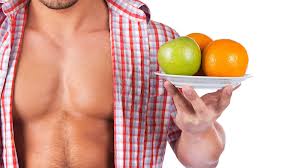


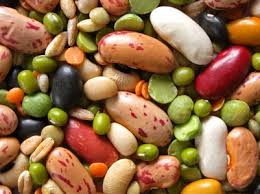



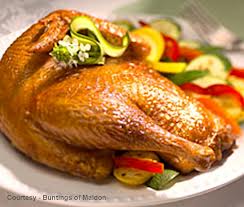



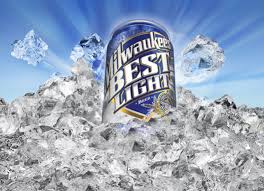






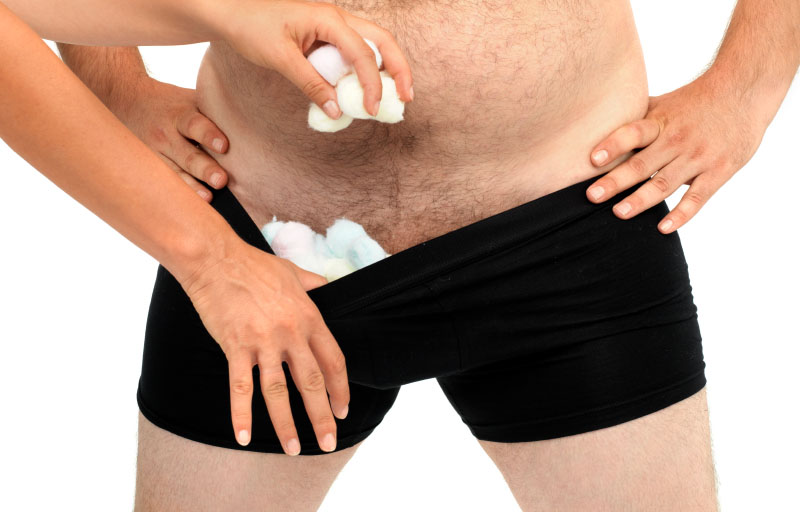






Submit a Comment